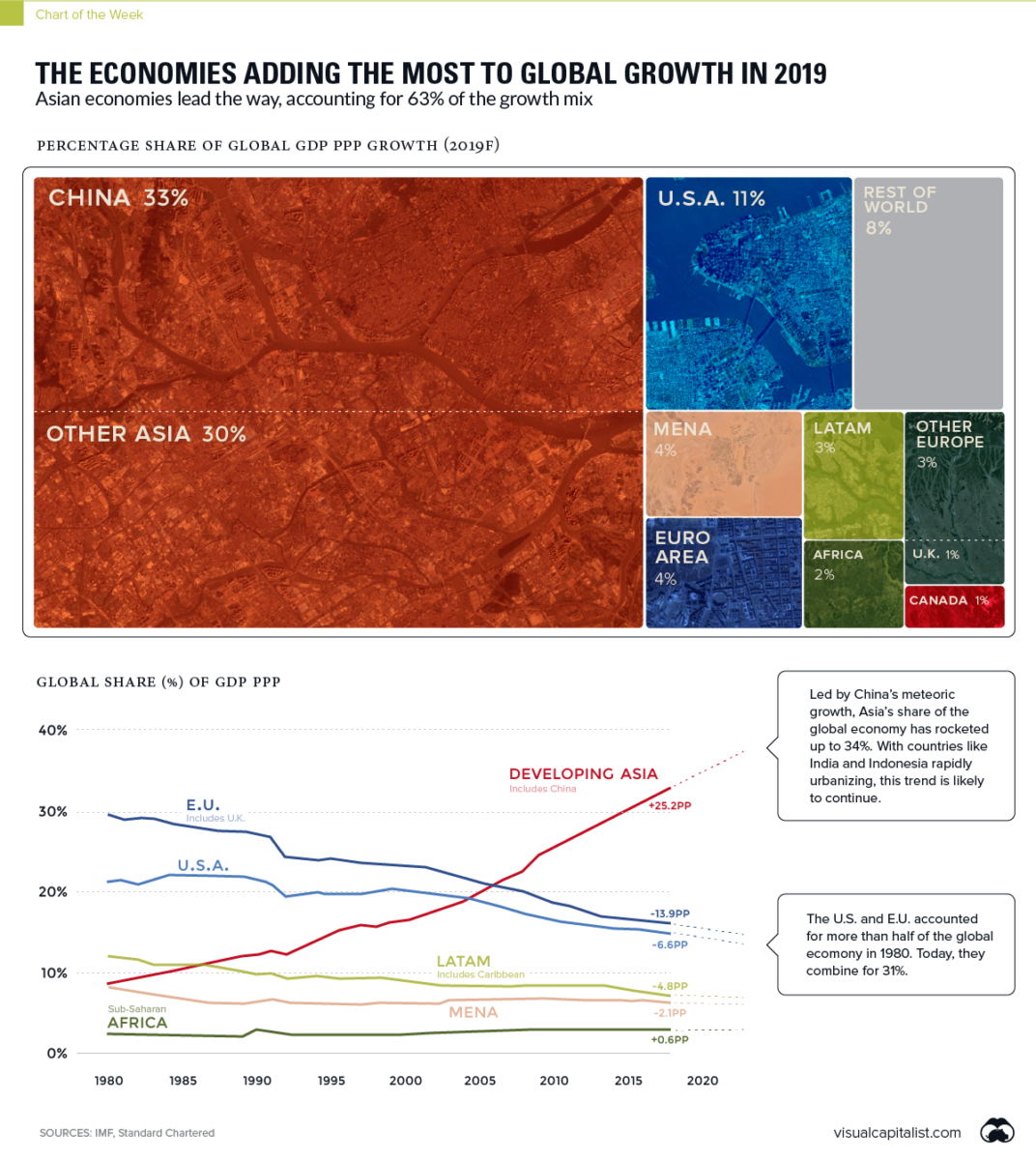Strategic Political Economy
“Research is vital to the moral integrity of social movements”
Rev. Dr. William J. Barber II [Economic Policy Institute, via Naked Capitalism 4-8-19]
A must-read.
One of the quickest ways for a movement to lose its integrity is to be loud and wrong. We’ve seen too many movements that have bumper sticker sayings but no stats and no depth. Researchers help to protect the moral integrity of a movement by providing sound analysis of the facts and issues at hand. Armed with this information, we’re able to pull back the cover and force society to see the hurt and the harm of the decisions that people are making….
…the prophet Isaiah said to those who were rich, powerful and presumed themselves to be morally superior. “Woe unto those who legislate evil and rob the poor of their rights and make women and children their prey.” Isaiah even went as far as saying that religious activity—worship and prayer—was not a cover for their failure to “loose the band of wickedness.” Wickedness in that text is specific to the issue of not paying people what they deserve and trying to cover it over with a lot of religiosity. He goes on to say that the nation will never be able to repair itself until it ends the wickedness of not paying people what they deserve. Because society’s policies had actually insulated destruction, injustice and inequality could never be resolved without a change of policy.
These statements reflect more than just a difference of opinion concerning the legislation. Rather, such bold and specific statements suggest an analysis of the society which concluded that the legislation was evil in that it was robbing those who were most vulnerable. In other words, Isaiah’s moral authority to criticize policy could be confirmed and validated by research….
The 13 former Confederate states, which only have about 36 percent of this country’s population, decide 178 electoral votes, 26 United States Senate seats and 35 percent of the seats in the United States House of Representatives. That means all it takes to win control of both houses of Congress is 25 Senate seats and 16 percent of U.S. House of Representatives seats available from the other 37 states.
100 million is the number of people that didn’t vote in the 2016 election. 40 million is the number of poor and low-wealth people in this country. The majority of them are in the South and are the key to the transformation of our politics.
All of the close elections we witnessed in the 2018 midterms are a sign that we are right at the tipping point. If there’s ever been a time that we ought to go south and shift the political calculus in this nation for the next 20 to 40 years and beyond, it is in fact right now.









